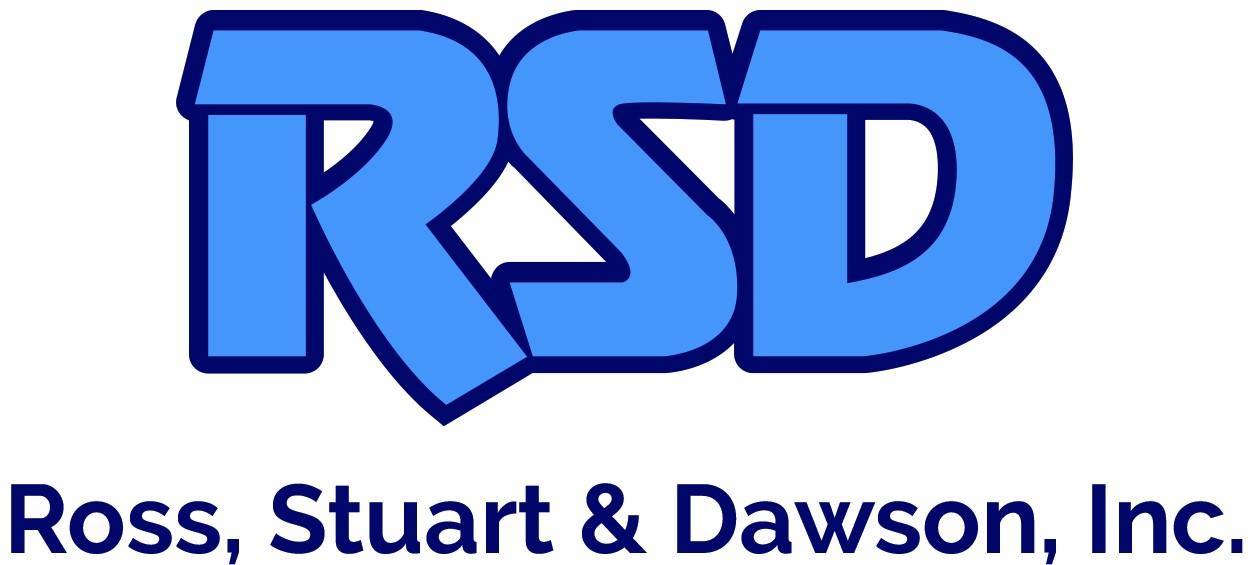The Fair Debt Collection Practices Act Governs Even the Most Expert Debt Collectors
Are you looking to collect from debtors in Michigan or throughout the US?
Are you looking for an expert debt collector to pursue your unpaid invoices?
With RSD, you’ve come to the right place! At Ross, Stuart & Dawson, our expert associates are committed to professionally and aggressively pursuing the money you’re owed in a straightforward, ethical manner. We handle claims against debtors located in Michigan and the midwest, even if you are located out of state or out of the country.
Call us today at (888) 701-8181 or use or online contact form to tell us about your claim.
Here’s what you need to know about the Michigan Fair Debt Collection Practices Act 339.915 Licensee Sec. 915:
A licensee shall not commit 1 or more of the following acts:
(a) Communicating with a debtor in a misleading or deceptive manner, such as using the stationery of an attorney or the stationery of a credit bureau unless it is disclosed that it is the collection department of the credit bureau.
(b) Using forms or instruments which simulate the appearance of judicial process.
(c) Using seals or printed forms of a government agency or instrumentality.
(d) Using forms that may otherwise induce the belief that they have judicial or official sanction.
(e) Making an inaccurate, misleading, untrue, or deceptive statement or claim in a communication to collect a debt or concealing or not revealing the purpose of a communication when it is made in connection with collecting a debt.
(f) Misrepresenting in a communication with a debtor any of the following:
(i) The legal status of a legal action being taken or threatened.
(ii) The legal rights of the creditor or debtor.
(iii) That the nonpayment of a debt will result in the debtor’s arrest or imprisonment, or the seizure, garnishment, attachment, or sale of the debtor’s property.
(iv) That accounts have been turned over to innocent purchasers for value.
(g) Communicating with a debtor without accurately disclosing the caller’s identity or cause expenses to the debtor for a long-distance telephone call, telegram, or other charge.
(h) Communicating with a debtor, except through billing procedure, when the debtor is actively represented by an attorney, the attorney’s name and address are known, and the attorney has been contacted in writing by the credit grantor or the credit grantor’s representative or agent, unless the attorney representing the debtor fails to answer written communication or fails to discuss the claim on its merits within 30 days after receipt of the written communication.
(i) Communicating information relating to a debtor’s indebtedness to an employer or an employer’s agent unless the communication is specifically authorized in writing by the debtor subsequent to the forwarding of the claim for collection, the communication is in response to an inquiry initiated by the debtor’s employer or the employer’s agent, or the communication is for the purpose of acquiring location information about the debtor.
(j) Using or employing, in connection with collection of a claim, a person acting as a peace or law enforcement officer or any other officer authorized to serve legal papers.
(k) Using or threatening to use physical violence in connection with collection of a claim.
(l) Publishing, causing to be published, or threatening to publish lists of debtors, except for credit reporting purposes when in response to a specific inquiry from a prospective credit grantor about a debtor.
(m) Using a shame card, shame automobile, or otherwise bring to public notice that the consumer is a debtor, except with respect to a legal proceeding which is instituted.
(n) Using a harassing, oppressive, or abusive method to collect a debt, including causing a telephone to ring or engaging a person in telephone conversation repeatedly, continuously, or at unusual times or places which are known to be inconvenient to the debtor. All communications shall be made from 8 a.m. to 9 p.m. unless the debtor expressly agrees in writing to communications at another time. All telephone communications made from 9 p.m. to 8 a.m. shall be presumed to be made at an inconvenient time in the absence of facts to the contrary.
(o) Using profane or obscene language.
(p) Using a method contrary to a postal law or regulation to collect an account.
(q) Failing to implement a procedure designed to prevent a violation by an employee.
(r) Communicating with a consumer regarding a debt by postcard.
Collecting with empathy and kindness has served us well over the past 4 decades. Our clients appreciate our fair but firm demeanor and most importantly, our results.
A company's Accounts Receivables are usually its second, if not its first, most important asset on the balance sheet. It’s not just a number – it reflects the resources a company harnesses to manufacture, ship, and sell its products — all on a promise it will be paid at some point in the near future. An experienced debt collection agency will make the difference and get more of these promises turned into payments.
Debt Collector Services
If you want to use debt collection services, your first step is easy. Fill out the information form on our Contact Us page or give us a call at (888) 701-8181. You’ll be able to ask questions and sort out your next steps with an expert debt collector. We offer a free consultation and strategy meeting. No fees unless you win! Don’t let the money owed to you disappear – get started today!

